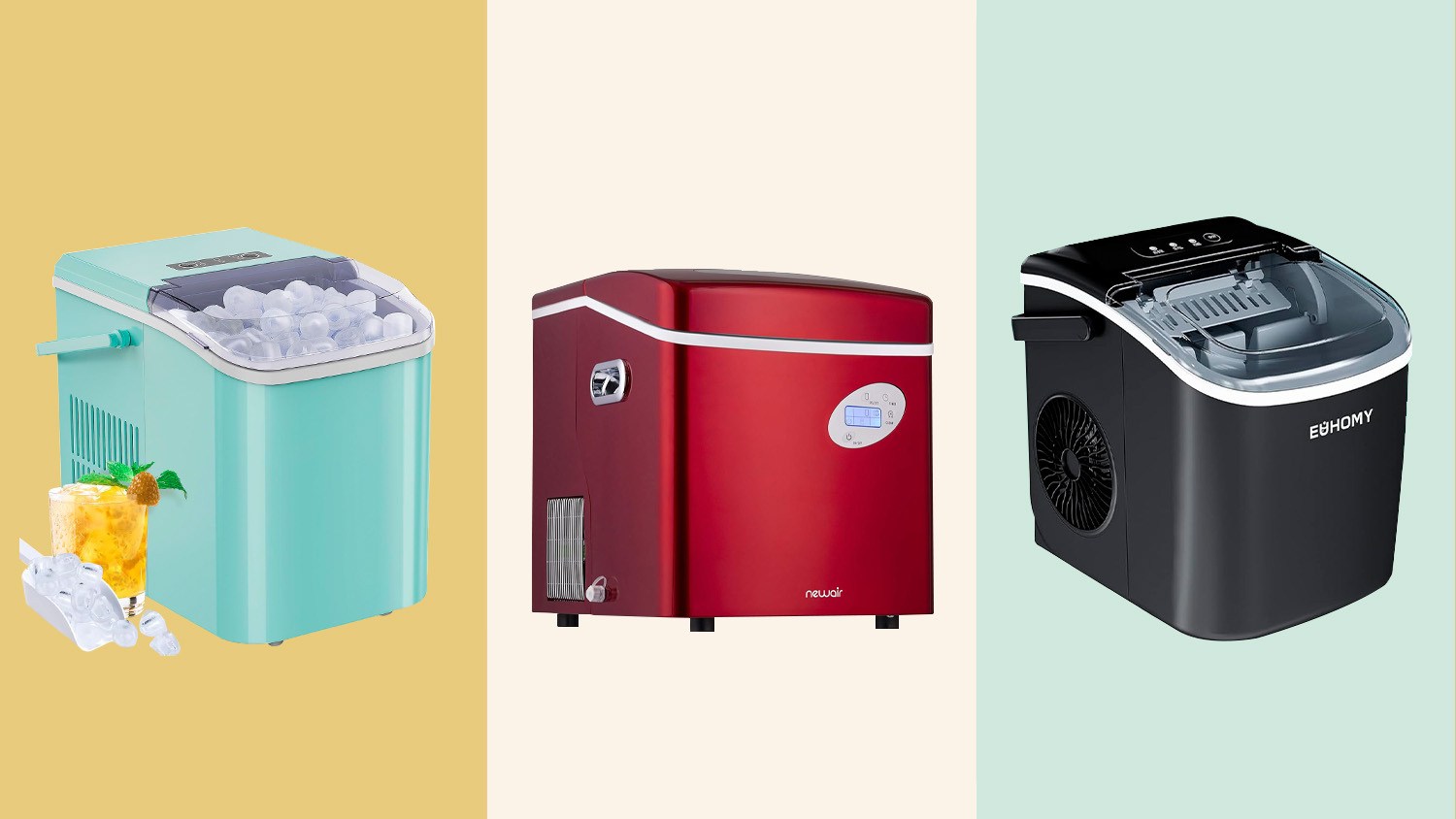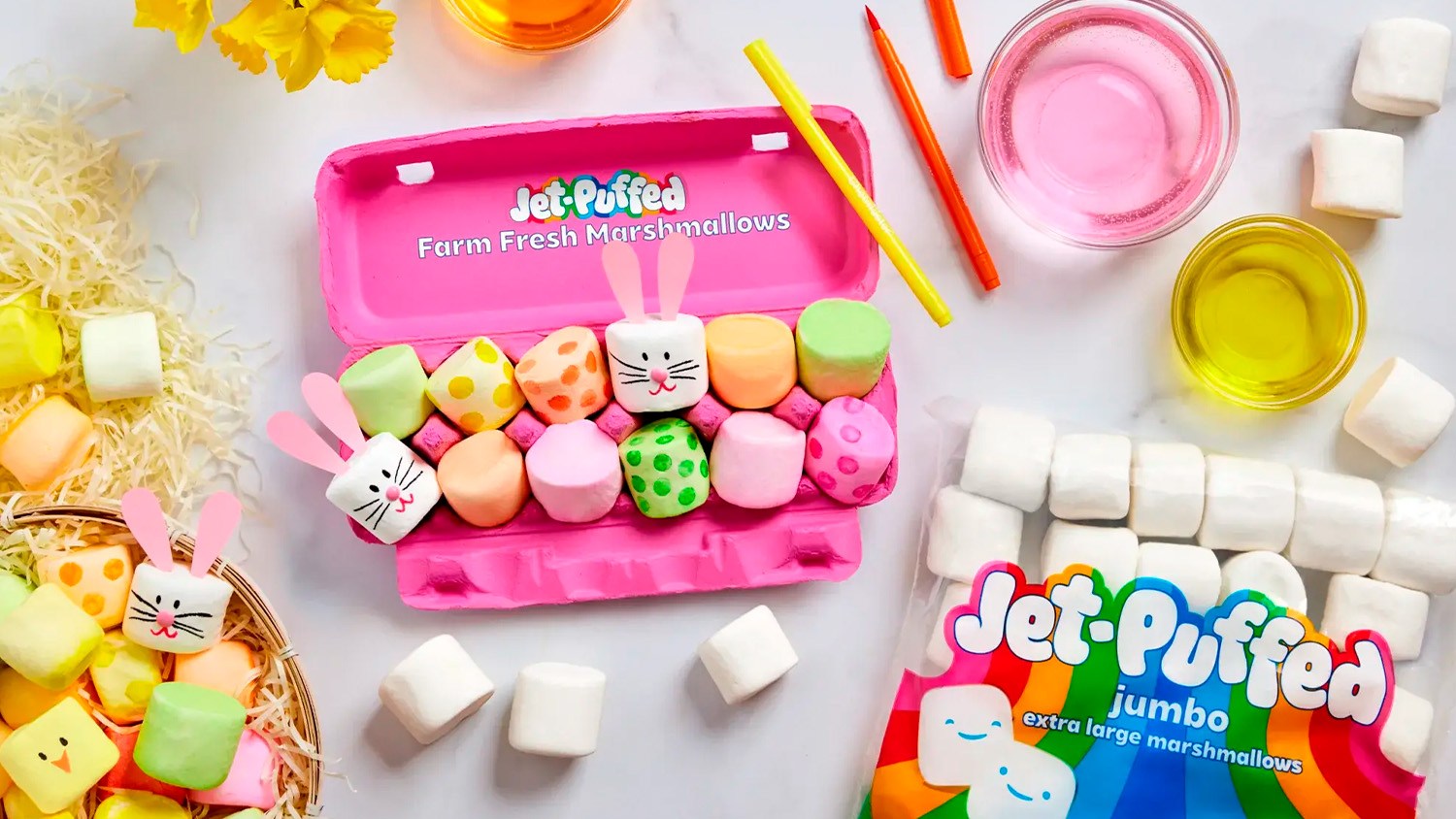MEMPHIS, Tenn. — Stimulus checks are coming, according to the IRS, but a gap in legislation suggests people with outstanding debts may never see the money.
Many are anxiously waiting for stimulus money to land in their bank account or mailbox, but now there’s a new concern, as private debt collectors could swipe the funds before you pay rent, utilities or get some groceries.
The CARES Act, which authorizes the stimulus, states federal and state government can’t take the money to satisfy tax debt.
“That money could be at risk, depending on how quickly someone executed judgement and gets access to it,” said Andy Spears with Tennessee Citizen Action.
Spears said he is worried about private debt collectors.
“We want people to make good on their debt, but the whole point of this is to help people get by in a really difficult time,” Spears said.
Many people are expecting payments of $1,200 or $2,400, depending on whether you’re single or married, plus another $500 per child under 17 years old.
The Treasury Department has said it expects more than 80 million people to receive payments in their accounts this week.
Several state attorney generals and United States senators are calling for the treasury to reverse what they call a legislative oversight and declare the stimulus payments exempt from garnishment.
Spears is also asking Tennessee Gov. Bill Lee to issue an emergency order to stop all or some garnishment orders, like other states have done.
“A lot of people are suggesting that debt collectors give a month or two off and allow people a chance to recover during this difficult time,” Spears said. “Email the governor and ask him to issue an order to protect stimulus checks.”
WREG reached out to Gov. Bill Lee’s office, but we have yet to hear back.
Financial experts have some advice. They said to redirect your stimulus payment to a prepaid card or bank account at a smaller bank or credit union, or simply cash your check.

















